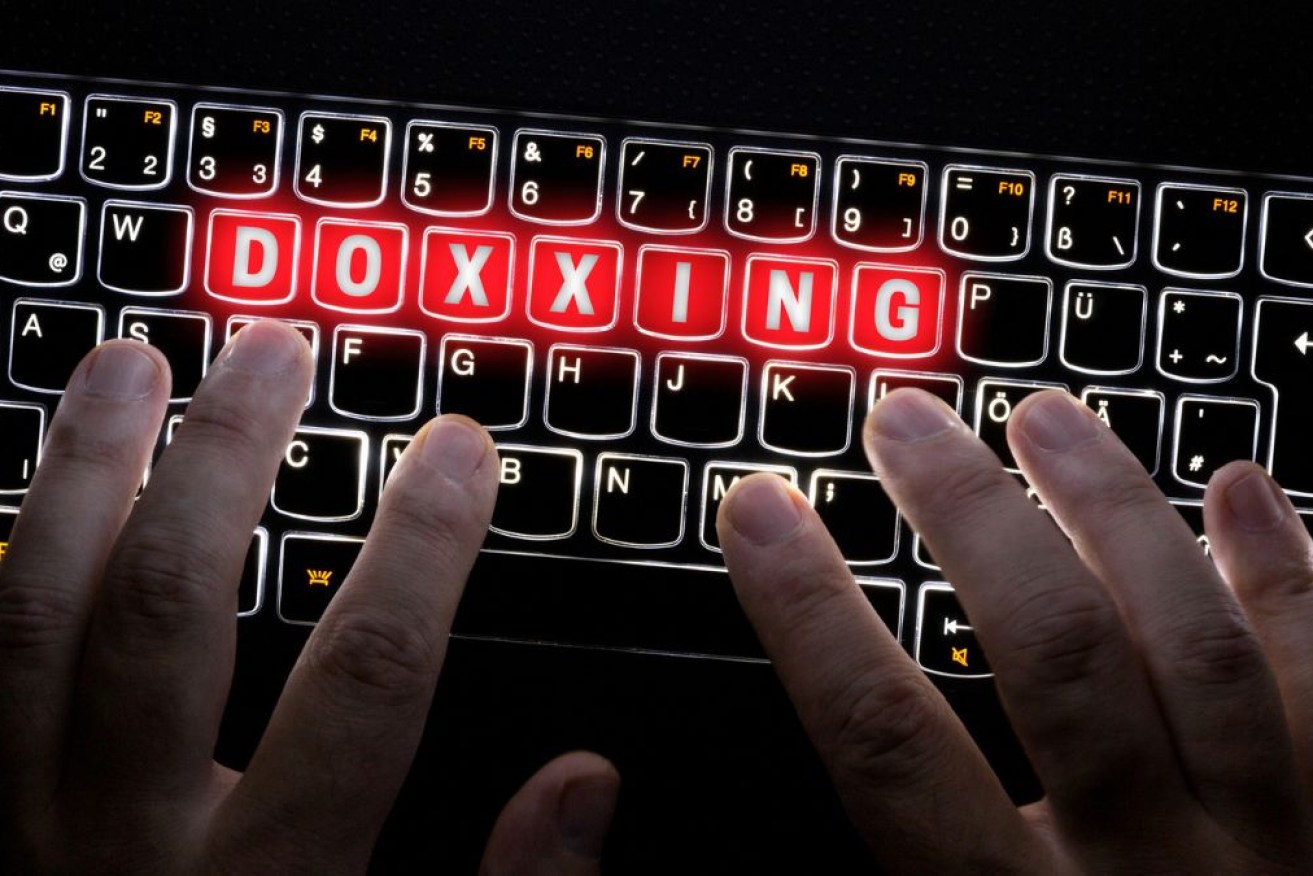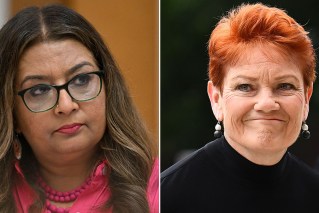What is doxxing and why is the government trying to stop it?


The government is acting quickly on doxxing after hundreds of Jewish-Australians were targeted online. Photo: Getty
The Albanese government has signalled that it will criminalise doxxing after the details of hundreds of Jewish-Australians were leaked online – but what exactly is it?
Doxxing is the act of publishing someone’s private or identifying information on the internet, usually with malicious intent.
The government’s online safety watchdog defines doxxing broadly as “the intentional online exposure of an individual’s identity, private information or personal details without their consent”.
Although spreading personal information about individuals predates the internet, it became more common as people adopted anonymous pseudonyms online.
Why now?
The Albanese government is moving to act after pro-Palestine activists published the details of a private WhatsApp group for Jewish creatives, including names and other personal information of about 600 people.
Clementine Ford, a feminist writer, linked a spreadsheet of the information on her Instagram account. It was also shared by other pro-Palestinian advocates.
Some of the people on the spreadsheet were not part of the WhatsApp group and have spoken out against Israel’s military campaign against Hamas.
What the experts say
Dr Dennis Desmond, a lecturer in cyber security at the University of the Sunshine Coast, said current Australian laws did not cover doxxing.
“There’s a bunch of peripheral laws that address violations of privacy or the release of sensitive and private information by a third party, but there’s no specific anti-doxxing law,” he said.
“The internet is forever and it’s very difficult to retract information that’s been posted publicly, especially if it has gone viral.”
Acting fast
Attorney-General Mark Dreyfus was already reviewing Australia’s Privacy Act, but will bring forward new legislation on doxxing.
“No Australian should be targeted because of their race, or because of their religion,” Dreyfus said.
“The Prime Minister has asked me to bring forward, as part of that set of reforms to the Privacy Act, some new provisions to deal with this practice of doxxing, with the malicious use of people’s personal information without their consent.”

Attorney-General Mark Dreyfus was already reviewing Australia’s Privacy Act. Photo: AAP
Prime Minister Anthony Albanese said those in the WhatsApp group were providing support “for each other because of a rise in antisemitism”.
“These are people who have a range of views about the Middle East,” he said.
“What they have in common, though, is the fact that they’re members of the Jewish community.”
Some Liberal MPs and crossbenchers have already signalled support for the changes.
What will change?
Although the details haven’t been hashed out, possible changes floated include allowing the eSafety Commission to send takedown notices or impose penalties on platforms where the information is disseminated.
The government has also signalled that it will seek to “bulk up” hate crime laws in response to people of Jewish ethnicity being targeted.
Desmond said the major challenge for the government would be defining how many data points constituted doxxing and determining malicious intent.
“I imagine the first few cases are going to be interesting,” he said.
“You’re going to see some of these cases tested strenuously in court.”







